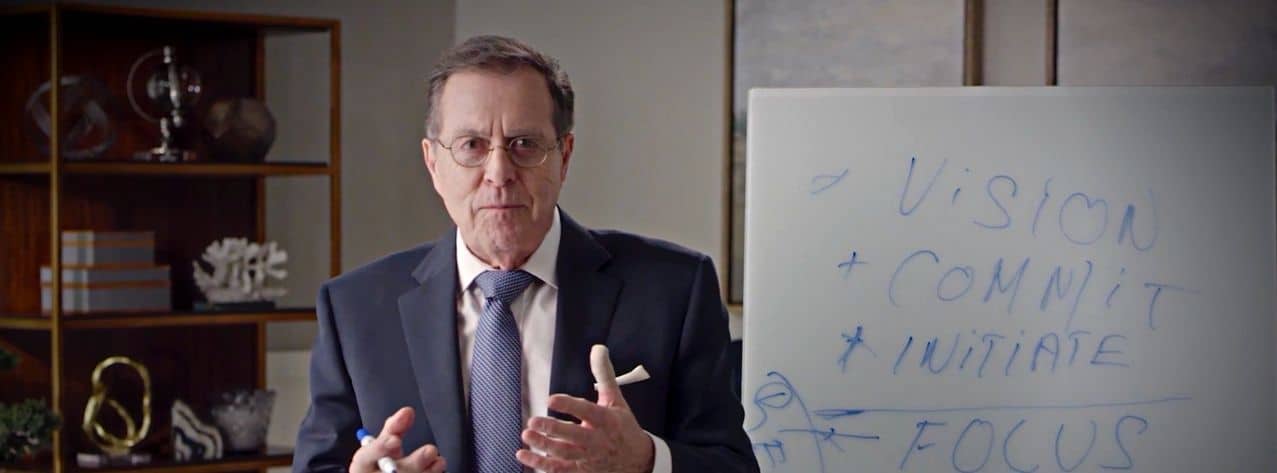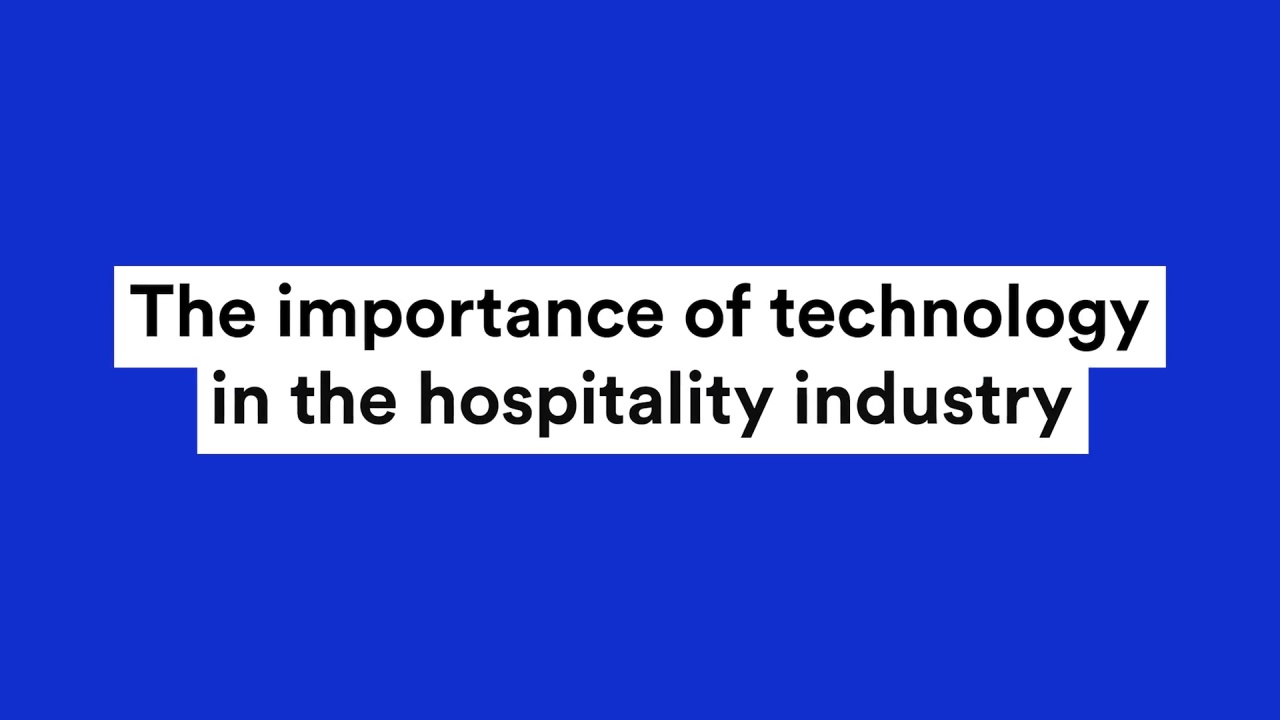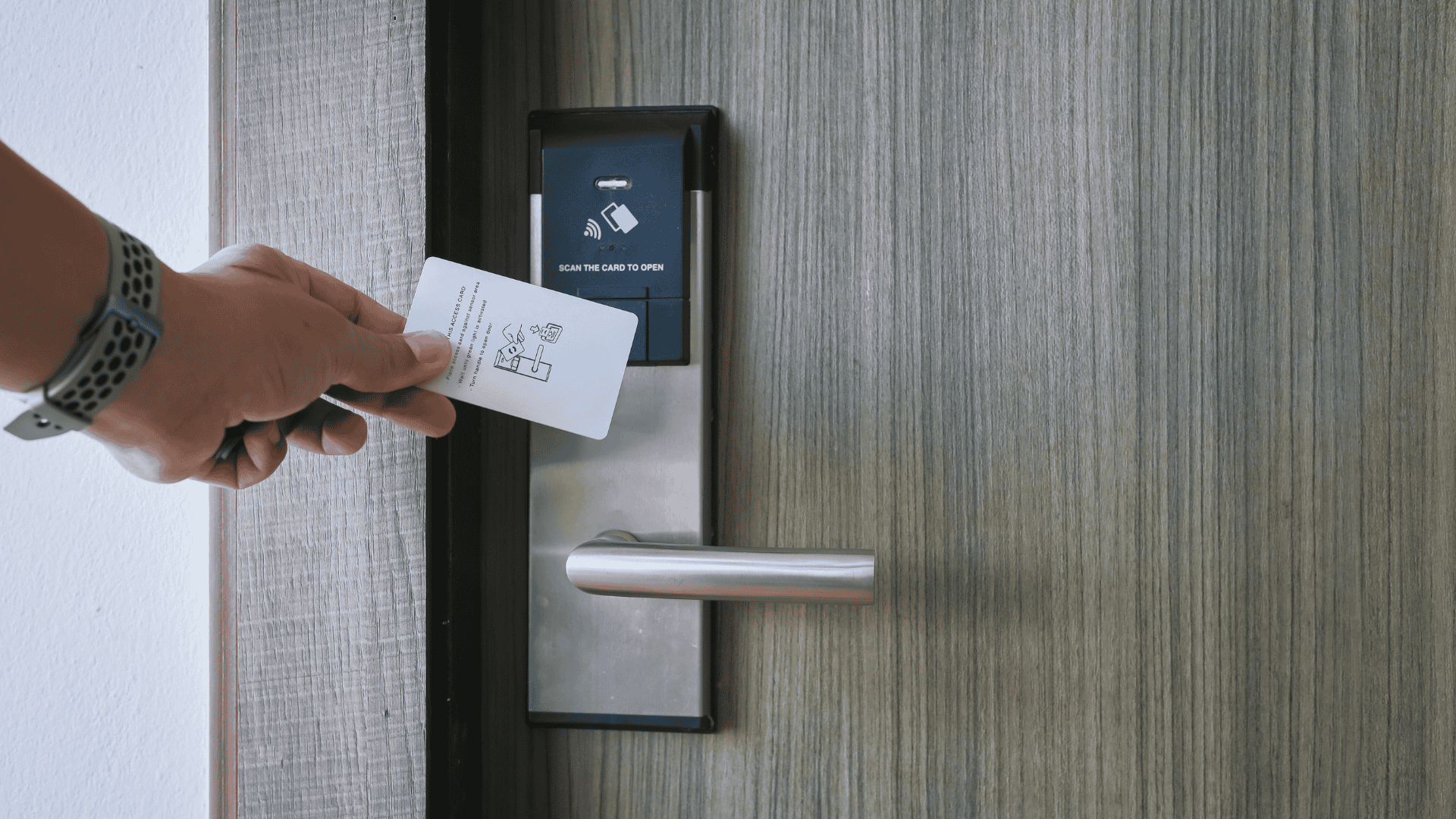Widely regarded as the leading hotelier in the world, Horst Schulze embodies an attitude of excellence that extends far beyond just the hospitality business.
As the co founder and former COO of the Ritz-Carlton Hotel Company, Horst has quite literally spent a lifetime developing principles of excellence and creating success in the service industry.
His book, Excellence Wins, is a must treat.
It highlights the service standards Schulze created with his no nonsense approach.
His ability to elucidate the true potential in each of his employees is what makes his vision for hospitality so inspiring – and indeed, translatable into other industries.
Humble Beginnings
Horst Schulze grew up in a small village alongside the Moselle River in Germany in the 1950s.
From a very young age, hotels made an impression on Horst – so much so that he begged his parents to take him to one, proclaiming “I want to work in a hotel business.”
At the time in Germany this wasn’t considered to be a very aspirational vocation. But nevertheless his parents honoured his request and took him to the best hotel in the region, which was a good 100km away from where they lived.
As the story goes, at the ripe young age of 14, Horst was living in a dorm room so that he could stay and work in the hotel and gain industry experience.
It was the hotel’s Maitre D who not only impressed punctuality on arrival at work to the young man, but also said, “Never go to work to work. Go to work to be excellent!”
It took Horst a long time – many decades – to ruminate on that idea as he advanced his career in the hotel industry, learning first-hand about customer service and hospitality industry protocol.
From Paris to London, and from the Hilton to the Hyatt, Horst Schulze travelled around the world, believing that you need a powerful title to define yourself as someone of stature in the hotel industry.
His career trajectory and experience eventually taught him that a high intention of achieving excellence is what drove him.
Founding Ritz Carlton
Horst Schulze soon realized that he was in fact driven by a dream and a vision that he could start his own hotel company …that could maybe become the greatest hotel company in the world.
It was a vision of a hotel company of excellence.
Together with William B. Johnson, once the largest owner of the Waffle House franchise, Horst Schulze acquired The Ritz-Carlton Boston in 1983, creating the Ritz-Carlton brand.
The company grew under the leadership of Horst Schulze, gaining immense global recognition as a brand under his tenure, winning the prestigious Malcolm Baldridge National Quality Awards in the US – twice!
Horst puts their success down to his principles regarding creating a culture of excellence.
“I’m fond of Peter Drucker’s saying that ‘culture eats strategy for breakfast’.
We wanted to do something special; we wanted to do something a little better.
We had a common desire to create excellence and so we created a culture where we aligned every one of our people to our dream.
And the many people that joined us agreed that excellence is superior to mediocrity. They had fun coming to work in a culture of belonging and purpose.
As President and COO of the Ritz Carlton Hotel Company, Horst Schulze was able to turn the company into a $2 billion dollar business.
What started as four locations in the US soon became 40, as Horst touted his mantra of “We are Ladies and Gentlemen Serving Ladies and Gentlemen.”
Life Principles of Horst Schulze
The idea of people-centered service is key to Schulze’s ideas of excellence.
He sets forth the premise that, as humans, we are fallible and so will make mistakes from time to time.
But that needn’t excuse our need to try our very best at all times.
It is this noble intent that he instituted with a company-wide concentration on the personal side of service that soon paved the way for his visionary and disruptive principles to soon become mimicked by others in the hospitality business.
What that would translate to in practical terms would be “making sure that the subconscious of the guests that you’re facing is positively inclined from moment that you make contact.”
As a rule, when a guest is within three meters, you interrupt whatever it is that you’re doing, make eye contact, and smile.
“Be sure that the first impact of contact is an excellent one.
The subconscious is stronger than the conscious.
And if you impact upon the subconscious, it is more lasting.”
Schulze goes on to suggest that even saying farewell “is done with a caring heart.”
By intending to become the best person you can be in the workplace, you will realize the power of your true potential and in so doing offer the organization that you work for, as well as the guests that you serve, your very best.
This is what the former president of the Ritz Carlton Group postulates in a series of videos, as he shares his blueprint for building leaders by engaging them as employees while serving their customers.
As a man of faith, Schulze’s question would often be, “Would God approve?” And if the answer to that question was yes, then invariably it would be good for investors, customers, and society alike – and there would be no reason to compromise on vision or integrity.
Horst Schulze was also fervent in his beliefs that the company’s vision and purpose don’t change.
“You have to keep on relating to it. Strategy changes because of the situation. And systems change. Processes change, people change. But the future, the dream… that doesn’t change.”

Hospitality simplified
Horst Schulze has ‘Three Product Rules’ when it comes to simplifying the way one looks at providing better service in the hospitality industry.
He starts by unpacking the processes involved, asking first “Is there a way that I can do what I do better, more carefully, and more efficiently?”
So then, when a mistake happens, you evaluate the cause of the mistake – thus ensuring it never happens again.
The second rule is around timeliness.
Here you have to “take complexity out of the process.” Shave off minutes and seconds off each process so that you save the customer time – as the issue of time is very important to them.
The third rule is that, in hospitality, “guests desire products and services delivered with care”.
You remember the feeling that you had at a restaurant or hotel – and therefore with to return. “And that instills trust. And loyalty is nothing else but trust.”
Service delivery involves caring. Care isn’t simply saying “okay”. It’s a process that needs to constantly be tweaked, evaluated, and improved.
Schulze challenges anyone in hospitality to experience the game changing approach to dealing with customers by adopting his proven, heartfelt approach to serving people, which will improve service standards tenfold.
Creating excellence in your workplace
Horst Schulze speaks about going to work to create excellence, as well as to be with his friends.
“I go to work every morning and I remind myself of that philosophy”.
Horst would eventually retire from the Ritz Carlton Hotel Company in 2005, having imprinted his blueprint for a no-nonsense approach to dealing with customers into the hearts of all those who worked with him.
His retirement lasted just one day.
That was enough downtime for him, preferring not to rest on his laurels and starting his own Capella Hotel Group. Today, Horst Schulze acts as a consultant across industries while also serving on various boards.
His insights translate well into anecdotes that best illustrate his unique approach to creating excellence in the workplace.
There’s the story of how he entrusted his employees – any employee – to spend up to $2000 to correct a mistake.
“That was an economic decision. It was not a decision to throw away money”.
Schulze’s argument was that a loyal, repeat customer would be worth at least $200.000 in a lifetime of business together, so rectifying any error made on their part would not only improve the process, it would keep the customer happy.
Food baskets and breakfasts were offered on the house (never anything near the amount of $2000), and the team of managers were empowered to become leaders and decide matters for themselves, while also fixing a systemic, process-driven error.
Excellent leadership
Schulze admits that “there’s a time when you have to slow down”.
But not before he got to pen a bestselling business book entitled ‘Excellence Wins: A No-Nonsense Guide to Becoming the Best in a World of Compromise’.
In it he expounds upon his theories around excellent leadership with truisms such as “Do what the customer loves, and the money will follow.”
His humanity shines through in his writing, as he doesn’t just put the customer on a pedestal at the employees’ expense either.
For example:
“When we identify an operational function and then go looking for a warm body to fill that function, we are being short-sighted. We’re treating people as just another category of things.”
He goes on to describe how “elegance without warmth is arrogance” and the infuriating feeling of being in a fancy bathroom with no hook to hang up your bathrobe.
Despite his success, he has an everyman quality that is humbling and endearing to engage with.
“No sound on earth is as sweet to a person’s ears as their own name.”
That’s another pearl of wisdom from his must-read new book, as he continues to shape his legacy of aiming to be the best in a world that all too often accepts mediocrity.

Thanks for reporting a problem. We’ll attach technical data about this session to help us figure out the issue. Which of these best describes the problem?
Any other details or context?
Technology talk with Horst Schulze
The twin prong to Schulze’s approach to improving hospitality has been his use of technology over the years.
Schulze relied heavily on data to improve processes within his hotels.
“After analyzing hundreds of thousands of comment cards over the years (with the help of the esteemed J.D. Power research firm), I learned that if a customer’s first four contacts with our hotel go well (for example, the phone reservation clerk, the doorman, the bellman, and the front desk), there will be virtually no complaints thereafter.
But if something goes amiss in the beginning, the complaints will sprout quickly:”
Here, a ‘suggestions box’ or a comments section inquiring about your stay is not simply a lazy attempt to convince the guest that you care.
Rather, it’s data to be mined, with suggestions that can then be improved upon. “I want technology, so that I can know if you were unhappy about something.”
Horst acknowledges that technology is shaping the hotel landscape now more than ever.
How it is the present that is creating brands, and forming good or bad impressions as you check in on this app, and make your reservations online.
Those moments are now.
That coalface of customer interaction is what counts the most.
He tells a story of how he introduced plastic key cards to his hotel chain at a time when the market simply wasn’t ready for it.
“I couldn’t be ahead of the game. That was silly of me. Do everything you can to support the customer, but understand where the customer is.”
The problem was that Horst’s customers were the wealthy travelling class – businessmen that were over 40 years old.
To them, plastic was cheap and unreliable.
Why would you consider it safe to lock your room with your valuables inside it?
So Horst acquiesced and his hotels went back to standard locks and keys.
Three years later and the industry caught up, and they reverted to the plastic cards. And nowadays, of course, there’s an app to unlock your hotel door.
Horst Schulze is now collaborated with Sbit to provide an online course on service excellence as the technology needs of the modern-day hotel and guest converge with the old school wisdom of the world’s leading hotelier.
There is a podcast too, where Horst is in discussion with Sbit’s Founder and Managing Director, Sjors Brul, where they talk about the opportunities that technology in the digital age presents.
How, as Brul puts it, “human connection is the new luxury.”
Horst licks his lips at the prospects of using Sbit’s technology, were he still running things at his hotels.
“I would install it tomorrow. I wouldn’t hesitate one second because I know that it allows me, through technology, to better take care of the customer. And save money in the process – which is efficiency.”
Horst Schulze’s Memorable Quotes
It is a sign of his evergreen status that, in a world of hospitality where hotel brands and reputations can fall faster than a falling tree in a forest of bad Yelp reviews, Horst Schulze’s anecdotal wisdom looks set to withstand each passing season.
“An organization can’t please every human being every time. But it never hurts to try.”
This is an example of Schulze’s wisdom that translates across all industries, as he works tirelessly to inspire, preaching the gospel of human excellence that is aligned with his faith-based approach to life.
There are so many memorable quotes, too many that it would be unfair to repeat them all here without imploring you to buy and read his book, and learn from him online.
So let’s leave you with this one:
“The more accurate truth is this: Do what the customer loves, and the money will follow.”
Thanks for reporting a problem. We’ll attach technical data about this session to help us figure out the issue. Which of these best describes the problem?
Any other details or context?
Horst Schulze Excellence Wins: online course
If you love what you do and if you lead others and wish to inspire them to love what they do.
And if you have enjoyed what you’ve read here, learning about the visionary mind of Horst Schulze, then please consider signing up for Sbit’s free online course that proudly showcases what service excellence means.
It’s more than just a discourse on hospitality.
It’s a treatise on the human soul as it seeks to shine down on our hotels, our hearts, and our everyday interactions.



